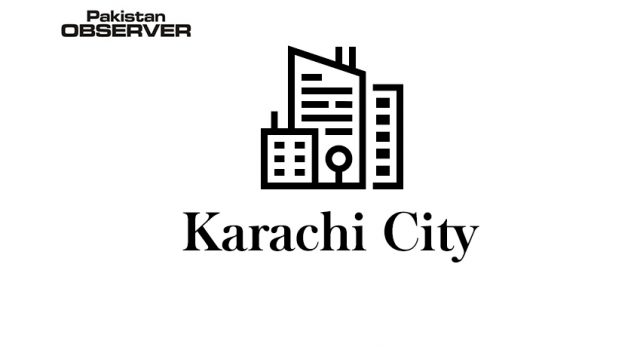Sindh Engro Coal Mining Company (SECMC) board has approved the expansion of its Thar Coal Block II Mine to 12.2 million tons per annum (Phase III). With this expansion, the coal price of the SECMC mine shall reduce to 27 USD/ton.
SECMC is expected to complete this expansion by June 2023. At a price of $27 per ton, SECMC Block II coal shall become the cheapest fuel source in the country and will ensure economic stability and energy security for the country.
It shall enable Pakistan to save USD 420 million per annum on the account of foreign exchange. Additionally, this expansion of SECMC’s Block II mine, shall lead to a reduction of Rs 74 billion in circular debt on an annual basis.
Speaking on this occasion CEO SECMC, Amir Iqbal said: “With the international coal prices recently crossing an all-time high of ~$250 per tonne and the volatility in the International prices, SECMC, through this expansion not only offers a hedge against market volatility but being an indigenous resource shall ease out the pressures on the Current Account Deficit.
Additionally, it is our firm belief that at a price point of USD 27 per ton, Thar Coal shall transcend its current utilization in the energy sector to other uses of Coal.”
The cost of this expansion project is estimated to be $93 Million which shall enable Thar Block II to achieve a sustainable supply of 12.2 million tonnes of coal annually over next 30 years.
SECMC currently has an annual production of 3.8 million tonnes which is used for generation of 660 MW electricity since the start of its operations in 2019.
In its second phase, which is already under development and expected to be completed by mid of 2022, SECMC’s production shall increase to 7.6 million tonnes per annum which will enable cumulative power generation of 1320MW.
With the approval for phase III and subsequent reduction in the price of Thar coal as a direct consequence of economies of scale, the Thar dream is all set to positively impact the economy of Pakistan.
This means that utilization of Thar coal should not just be restricted to power generation, rather efforts must be made to use this indigenous resource in other sectors such as cement, steel and most importantly for coal beneficiation to liquid, gas and fertilizer – all of which are technically viable with proper use of technology and capital investment.
These alternates can save billions of dollars by reducing the import of coal, RLNG and other petrochemical products.
It is also important to note that SECMC’s expansion plans for the mine not only provide Pakistan with a dependable indigenous fuel source but also come at a time when the country – much like the rest of the world – is managing an economic crisis.
Commenting on the country’s overall energy sector dynamics, Ahsan Zafar Syed – CEO Engro Energy – said: “Pakistan’s fuel mix is in dire need of indigenization.
The recently approved USD 3 billion package by the Saudi Fund for Development and the support extending on deferred payment for petroleum product import, proves that the country needs to quickly develop its local fuel sources to reduce its foreign dependence and ease the growing imbalance in its trade account.
Development of Thar Coal projects is a viable solution to arrest the increasing trade deficit and our reliance on imported fuels.”










